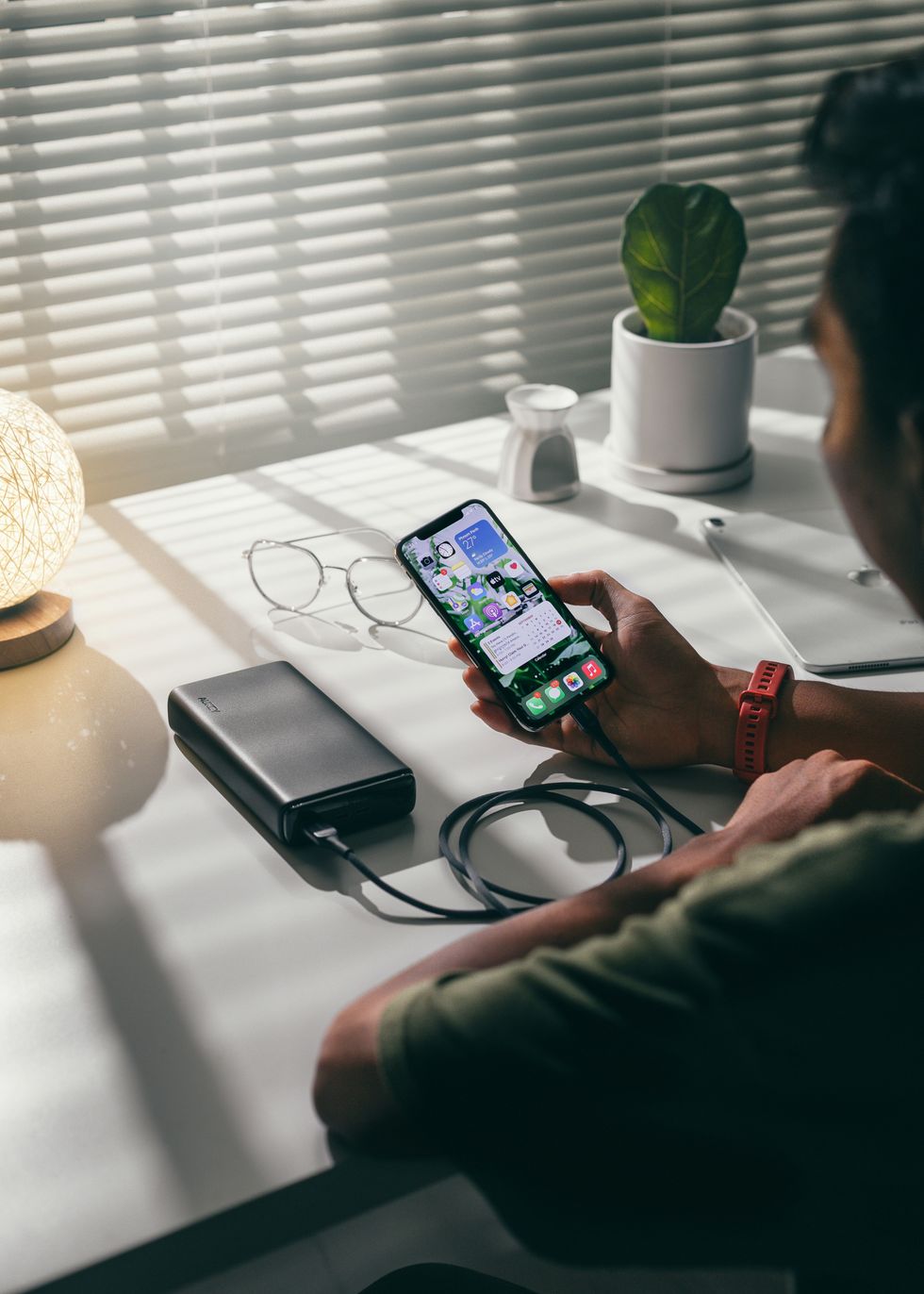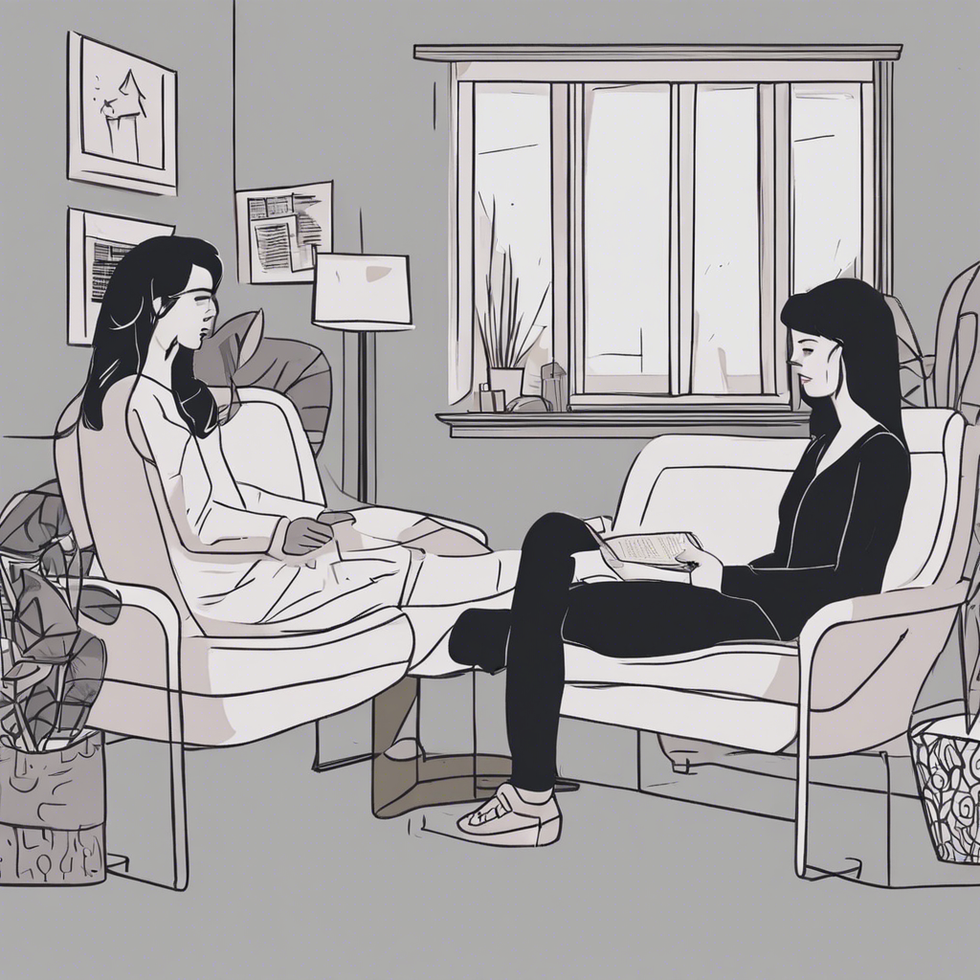Recently, I came across a BuzzFeed video called, “Asian Americans Try To Speak Their Native Language.” Though most viewers would have expected to find the participants giggling happily while butchering their pronunciation (which most did), the video took on an unexpected turn as some began expressing a completely different emotion: regret. They admit that their inability to speak their native language had inhibited their relationships with family members and made communication difficult, if not impossible. So BuzzFeed translated 5 phrases into each person’s respective language, providing them with an opportunity to reconnect with their family members. They were:
“I’m sorry”
“I love you”
“I hope you take pride in me”
“Thank you”
“I hope you’re proud of me”
I imagined how the parents of these Asian Americans would have felt hearing those phrases in their native languages. It reminded me of a quote by Nelson Mandela:
“If you talk to a man in a language he understands, that goes to his head. If you talk to him in his language, that goes to his heart.”
For these parents, hearing “I love you” or “Thank you” in their mother tongue would have a completely different impact than hearing such phrases in English. They grew up associating memories and certain emotions with them which they couldn’t do for the English translations.
However, my title is slightly misleading. (Sorry!) I can actually speak Korean well enough to converse, but it’s definitely nowhere near the extent of my speaking abilities in English. I’m very slow at reading in Korean and can barely write (to the point where my reading and writing skills in French are better). I grew up attending Korean school at my church but stopped once I had entered middle school. I saw no need to be studying a language I wouldn’t use outside of my home and soon, my abilities slowly deteriorated. I always knew this made communication with my parents much more difficult than it needed to be, but this didn't become that clear until very recently. As the days until I begin college wind down, my dad and I have been sharing our thoughts and values more often. I could tell there were certain things he wanted to tell me in Korean but said in English because I wouldn’t be able to fully understand. This made me think: had I just continued to foster my Korean since childhood, would the relationship between me and my parents be better than it is right now?
We never really think we could completely forget our first language. It’s not something we ever concern ourselves with … until it happens. It’s an aspect of globalization that we can all witness occurring, especially in America. As the widespread movement of people from one country to another continues (whether it be for education, employment, desire for better living conditions, escaping from oppression, etc.), immigrants now face the challenge of preserving their language and culture in a foreign country.
As some of us head off to colleges where we are often prompted to celebrate different cultures and languages, we must also keep in mind the roots of our own ethnicities. Aren’t they just as important? Losing one’s first language is more than simply forgetting a language ― it’s losing one’s connections, means of communication, and identity.
Our language and culture should not be in shambles; embrace your heritage and foster it proudly.



 Photo by
Photo by  person holding black smartphone on white textile
Photo by
person holding black smartphone on white textile
Photo by  StableDiffusion
StableDiffusion
 Photo by
Photo by  Photo by
Photo by 
 roommate as a therapist
StableDiffusion
roommate as a therapist
StableDiffusion
 woman in white shirt eating pizza
Photo by
woman in white shirt eating pizza
Photo by  person holding remote pointing at TV
Photo by
person holding remote pointing at TV
Photo by  person holding assorted clothes in wooden hanger
Photo by
person holding assorted clothes in wooden hanger
Photo by  a couple of
a couple of  friends cleaning apartment
StableDiffusion
friends cleaning apartment
StableDiffusion
 man driving car during golden hour
Photo by
man driving car during golden hour
Photo by  bacon strips and melted cheese topped fries on oval white and blue platter with gray stainless steel forks
Photo by
bacon strips and melted cheese topped fries on oval white and blue platter with gray stainless steel forks
Photo by  selective focus photography of eyeshadow palette
Photo by
selective focus photography of eyeshadow palette
Photo by  brown wooden framed white padded chair in between green indoor leaf plants inside bedroom
Photo by
brown wooden framed white padded chair in between green indoor leaf plants inside bedroom
Photo by  women forming
women forming  taking
taking  man in red polo shirt pouring wine on clear wine glass
Photo by
man in red polo shirt pouring wine on clear wine glass
Photo by  woman in black jacket standing on road during daytime
Photo by
woman in black jacket standing on road during daytime
Photo by 
 StableDiffusion
StableDiffusion
 StableDiffusion
StableDiffusion
 student thinking i shouldnt have procrastinated all semester
StableDiffusion
student thinking i shouldnt have procrastinated all semester
StableDiffusion
 Photo by
Photo by  Photo by
Photo by  Photo by
Photo by  StableDiffusion
StableDiffusion
 StableDiffusion
StableDiffusion
 Photo by
Photo by  Photo by
Photo by 


 Lumiere figure at the Disney Store at the Ala Moana Shoppi… | Flickr
Lumiere figure at the Disney Store at the Ala Moana Shoppi… | Flickr








 StableDiffusion
StableDiffusion StableDiffusion
StableDiffusion 10. Extra BlanketsJuwenin Home 100% Cotton Knitted Throw Blanket
10. Extra BlanketsJuwenin Home 100% Cotton Knitted Throw Blanket StableDiffusion
StableDiffusion StableDiffusion
StableDiffusion File:Kishlaru familie.jpg - Wikimedia Commons
File:Kishlaru familie.jpg - Wikimedia Commons Photo by Hanna Balan on Unsplash
Photo by Hanna Balan on Unsplash StableDiffusion
StableDiffusion black blue and yellow round illustrationPhoto by
black blue and yellow round illustrationPhoto by 









